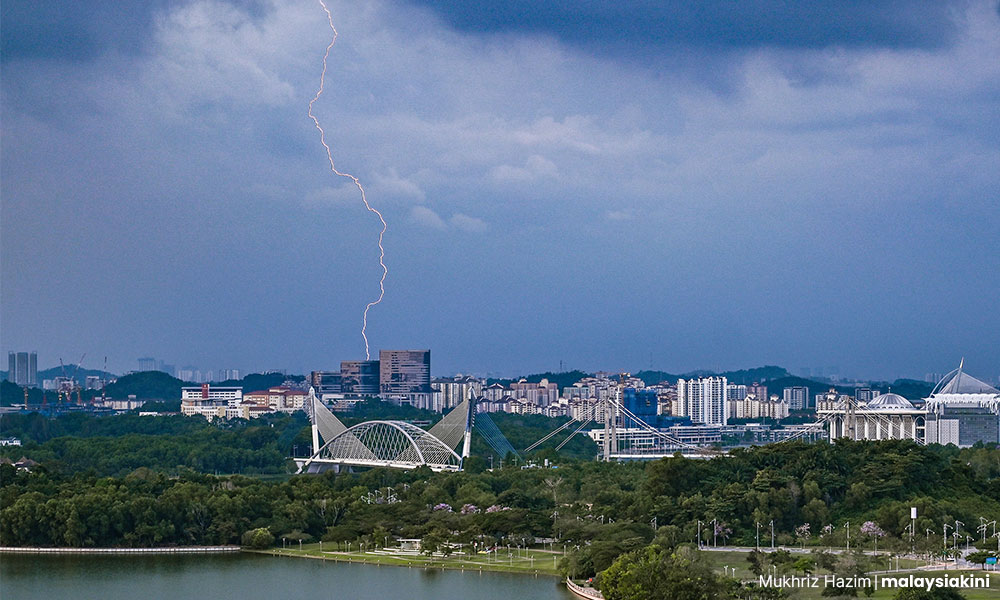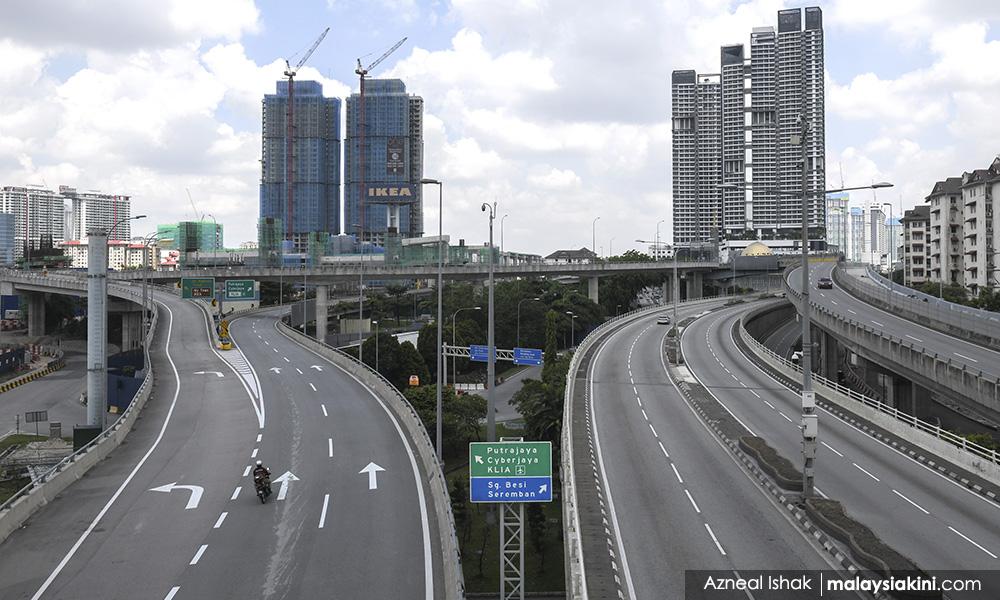LETTER | These days, experiencing scorching heat by the day and a heavy downpour during the night on some days and otherwise, on every other day seems to be the norm.
Thanks to smart devices, we are lucky to be updated on the unpredictable weather sequence, but I must say that we may not be as lucky if this weather condition persists and aggravates.
It’s rather alarming to experience these extreme weather events not only in Malaysia but in every part of the world.
I did some digging (being the researcher that I am), and was alarmed by the facts I came across.
If you take a peek at their recently published article on the National Oceanic and Atmospheric Administration (NOAA) website, the Earth’s temperature increased by 0.08°C on average per decade.
However, since 1981, the rate of warming has accelerated, increasing by 0.18°C on average per decade. According to NOAA’s data, 2022 was the sixth warmest year on record!

Interestingly, the main source of 80 percent of global carbon dioxide (CO2) is cities, according to UN-habitat.
Rapid urbanisation has caused an increase in carbon emissions and will continue to do so if early intervention is not considered. The question now is, how should we tackle this to better manage climate change?
READ MORE: When the water rises: A Malaysian climate change story
Perhaps, the idea of a smart city may be the solution. Smart cities are infused with varied technologies to improve the livelihood of their citizens.
In a perfect scenario, these artificial intelligence (AI) -infused cities are to be intelligent, digital, resilient, sensible and most of all, sustainable to be lived in.
Sustainability is an important factor to consider when designing smart infrastructure, smart transportation, smart buildings, smart public safety and smart healthcare to name a few attributes of these cities.
The incorporation of green technology such as renewable energy to generate green electricity, and smart grid systems to reduce carbon emissions may have the highest impact on city-level climate action which encourages green development and innovation.
To understand this better, let’s take a look at some of the earliest examples of smart cities in the world.
Smart cities across the globe
Smart cities such as Songdo in South Korea, Copenhagen in Denmark and Helsinki in Finland use a variety of technologies to achieve their sustainable goals.
They implemented smart grids, smart transportation systems, smart water systems and smart waste management systems. These solutions have lowered energy consumption, promoted resource efficiency, and created a green infrastructure, all of which resulted in lower greenhouse gas emissions.
A study by the Korean Environment Ministry found that South Korea’s greenhouse gas emissions in 2020 were 40 percent lower than in 2010.
The Danish Energy Agency’s website states that Denmark’s increased usage of renewable energy has lowered the country’s emissions by 38 percent since 1990.
The Finnish Environment Institute’s website states that Finland’s greenhouse gas emissions were 29 percent lower in 2020 than they were in 1990.
Along with these success stories, more countries are investing in sustainable smart cities, including the US, Canada, the UK, France and Germany. By 2025, the worldwide smart city market is anticipated to be worth US$1.3 trillion.
The relationship between smart cities and climate change is critical. More sustainable cities, in particular, can reduce energy consumption and create more efficient and environmentally friendly urban environments, hence increasing the use of renewable energy sources.

Malaysia, like many other countries, is enthusiastic about smart city initiatives too. Malaysia has declared a goal of being a smart city nation by 2025.
The government’s ambition for smart cities is described in the National Smart City Framework (MSCF). Sustainability is a key consideration for smart cities, and it demands careful planning and foresight.
At the Institute of Informatics and Computing in Energy (IICE), Universiti Tenaga Nasional, our research focuses on technology and sustainability in smart city projects. We are excited to collaborate with others to guarantee that cities are liveable for future generations.
As a result, we invite all stakeholders, including government agencies, business leaders, communities, and individuals, to join us on this revolutionary journey.
Let us leverage the potential of innovation, technology, and sustainability to create smart cities that improve urban infrastructure and services while also promoting energy efficiency, water conservation and waste management.
We can design a future where our cities become examples of sustainability, increasing the quality of life for all Malaysians by embracing this vision and working together.
Join us today and be a part of this smart city revolution. Together, we can build a smarter, greener and more prosperous Malaysia for generations to come.
Author is a senior lecturer and head of innovation at the Institute of Informatics and Computing in Energy (IICE), Universiti Tenaga Nasional.
The views expressed here are those of the author/contributor and do not necessarily represent the views of Malaysiakini.

